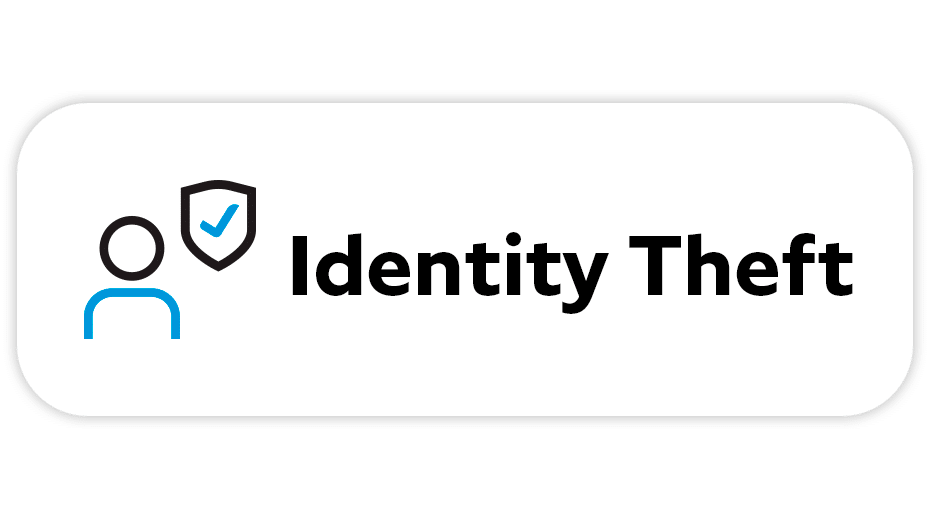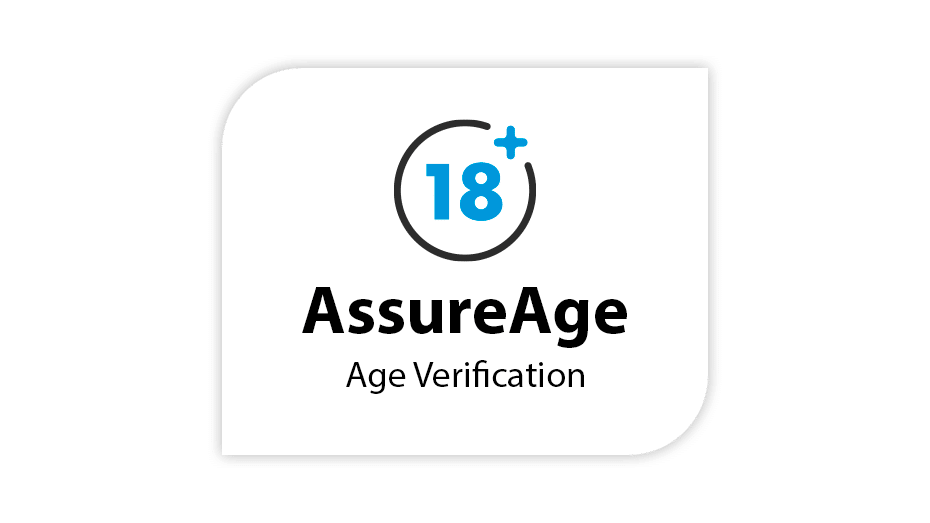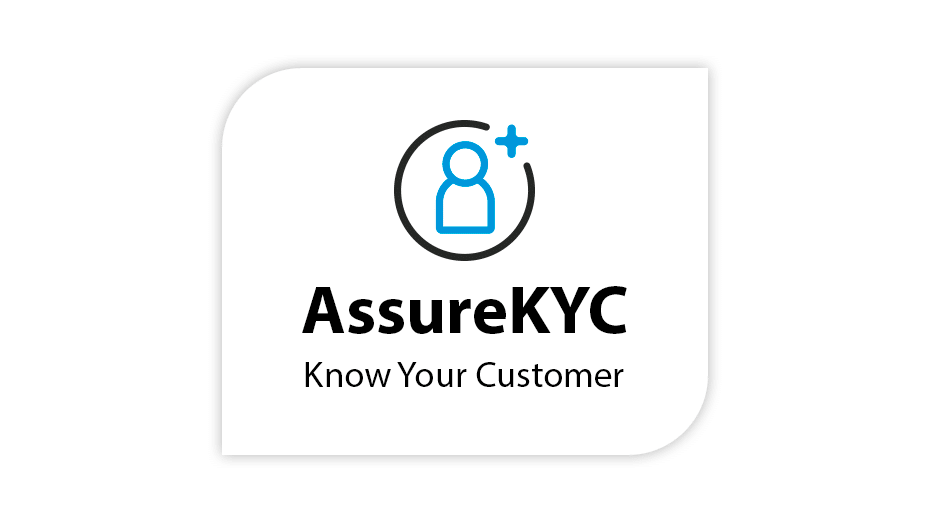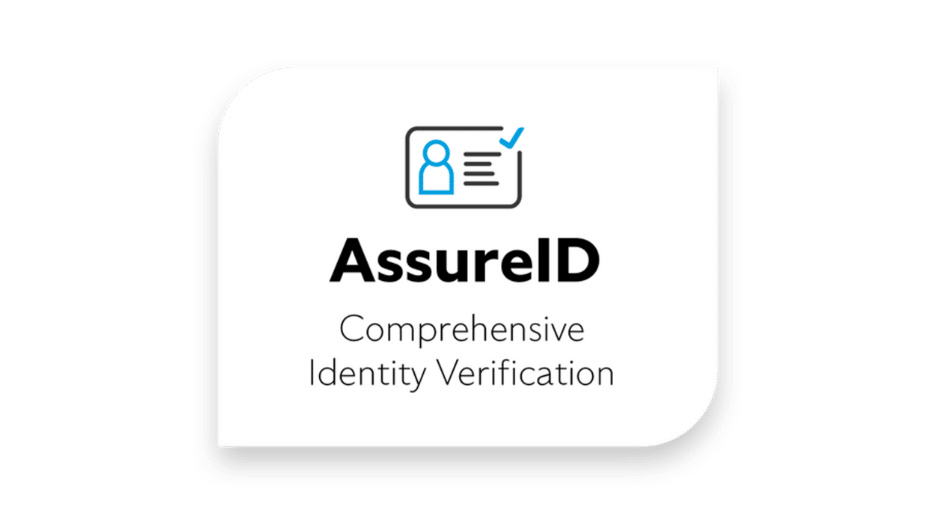Script kiddies, black hat hackers, bonus abusers, or social engineers – call them what you want, but these titles are a fraud prevention expert’s worst nightmare, because they’re all types of cybercriminals, and they’ve all got their sights set on big-money industries like online gaming, fantasy sports, and digital casinos.
Worldwide users are discovering the entertaining world of online gaming, allowing these digital industries to experience incredible growth: The global online gambling market is enjoying an incredible 13.2% compound annual growth rate, and if mobile gaming maintains its current trajectory, its market value should generate more than $117 billion by 2025. As these popular industries continue to experience rapid growth, both in user interactions and digital transactions, businesses of any size become increasingly vulnerable to attack.
Fraud within the online casinos and fantasy sports sectors encompasses a range of malicious activities, including identity theft, payment fraud, account takeover, and various forms of cheating. These attacks not only jeopardize the safety and reputation of your business, they also put your customers at risk.
But what can be done to stop them? Cybercriminals will always exist, and as technology advances, so do their turncoat tools. Truthfully, the best defense against these phishers and fraudsters is not to play small, but to come out swinging. When your company shows up to the online fight ready to defend itself and its customers with the finest fraud prevention systems in town, you can outwit cyberthieves at every turn.
The Most Common Online Fraud Strategies
Identity Theft

Digital gaming industries like fantasy sports and online casinos face significant financial and reputational risks, making effective fraud prevention strategies critical to their ongoing success and growth. Spotting potential fraud attempts is key to protecting yourself and your customers. To familiarize yourself with the most common forms of online fraud, let’s take a closer look at how and when your business could be attacked.
Payment Fraud

In this type of cybercrime, fraudsters may attempt to steal identifying personal information from online game players in order to create fraudulent accounts or make unauthorized transactions. This can lead to financial losses for both players and businesses, as well as damage to the reputation of the affected platforms.
Account Takeover Fraud

Commonly known as ATO, account takeover fraud is a common scam in which criminals gain unauthorized access to players’ accounts, often through phishing or hacking. Once in
control of an account, fraudsters can use their access to make unauthorized transactions, steal funds, and engage in other illegal activities.
Transaction Fraud

Within the online casino, i-Gaming, and fantasy sports realms, transaction fraud includes any unauthorized purchases, payments, or transfers that cybercriminals make using the stolen credentials of game players. Transaction fraud can be attempted when credit card information is illegally obtained, loopholes in payment systems are exploited, or game outcomes are manipulated for financial gain.
Multiple Account Fraud

To give themselves unfair online gaming or gambling advantages, fraudsters might create multiple accounts using fake credentials. This action can lead to bonus abuse, where criminals cheat the system to snag benefits intended for first-time users. Multiple account fraud can also spiral into illegal game collusion and other forms of cheating that undermine the integrity of the games and the platforms hosting them.
The Best Fraud Prevention Strategies + How to Implement Them
Whether you partner with an identity verification professional like EVS or install and manage a fraud prevention system on your own, the critical component here is to make sure you have comprehensive protection. This means that your customers not only need strong passwords and two-step authentication when logging into your platform, but you also need to shore up your back-end development with advanced, automated tools that can detect suspicious activity before it even begins.
For example, ATOs can be found and dismantled using device intelligence, which leverages geo locations to identify user devices and then flag any atypical device locations during transactions. Chargebacks can be prevented by confirming player identities through the use of biometric markers like user behavior and keystroke or mouse-use patterns. Sounds simple enough, right? So where can you find these comprehensive, feature-rich products to keep your business safe?
The EVS Suite of Fraud Prevention Solutions
EVS solutions are a robust and proactive defense against fraud in digital casinos, online gaming, and fantasy sports platforms – which is precisely what your business needs to identify attacks before they occur, dismantle attacks that are already in process, and protect yourself and your customers from harm. And the best part is, you can mix and match our products to build a tailor-made fraud prevention fortress around your business and your customers.
Our tools have been thoughtfully designed and carefully honed to deliver the highest level of performance quality. If you’re curious about the EVS lineup and how our systems could integrate into your company’s existing fraud prevention network, here’s a breakdown of our offerings. Remember, these systems were created to give you a customized answer to your fraud attack challenges, so you can choose the solutions you want and leave the ones you don’t.
AssureAge
Engineered specifically for age-restricted industries such as online gaming, tobacco and alcohol sales, and other age-restricted commerce, AssureAge lets you verify consumer age using an image of a government-issued ID within the BlueAssure online portal or API. With AssureAge, you can quickly onboard customers while preventing underage access and sales and ensuring you meet KYC, AML, and COPPA compliance requirements.
AssureKYC
Our most popular solution for Know Your Customer (KYC) compliance in the U.S., AssureKYC ensures your onboarding and account creation KYC requirements are met in a single, comprehensive transaction. Using consumer-provided information submitted through the API or within the platform, AssureKYC uses multiple different data sources to make sure you know exactly who you are doing business with.
AssureID
As EVS’ leading solution for identity and age verification, AssureID offers the most robust support available. Using consumer-provided information submitted through the API or within the BlueAssure platform, AssureID cross-references multiple data sources within seconds, verifies a consumer’s identity in a single transaction, and identifies high-risk individuals and fraudulent activity. It also enables you to perform ID document scanning and facial recognition on a global level.
We also take the security of minor gamers very seriously, so we’ve designed our age and identity verification tools to make sure your adult-level products are kept safe from underage users. This helps your business maintain compliance and helps your reputation grow in a positive direction.
Find Safety + Peace of Mind With EVS
The EVS suite of identity verification and AML products were born from a desire to help protect clients in complex and highly regulated industries and diminish the effects of cyber fraud. Our systems leverage multiple data points to deliver the most accurate results possible.
Our suite of identity verification, age verification, location verification, and transaction screening tools play a pivotal role in ensuring the integrity of online platforms and are essential for preventing fraud across the online casinos, gaming, and fantasy sports industries.
If your online gaming business needs to mount a stronger defense against current and future fraud attacks, you can trust our EVS solutions to help mitigate risks, enhance regulatory compliance, and foster trust among your digital users.
.



